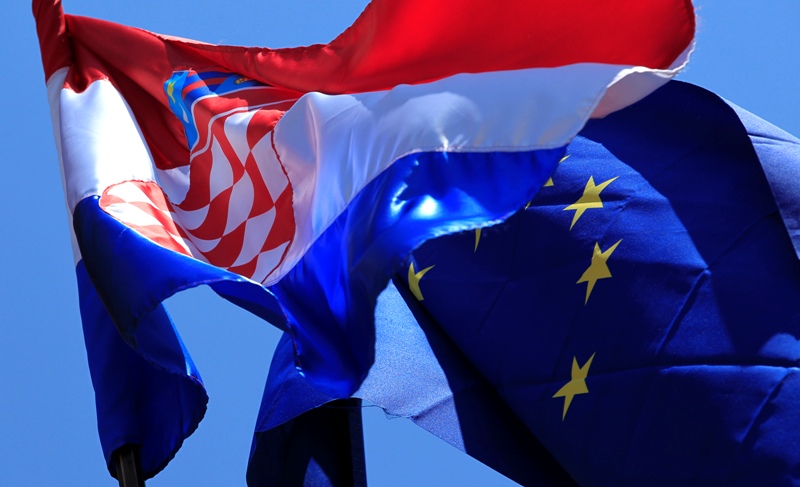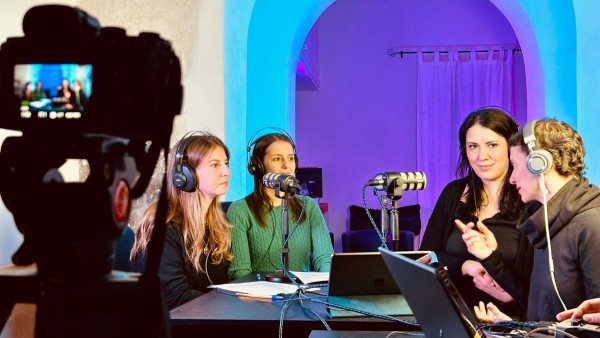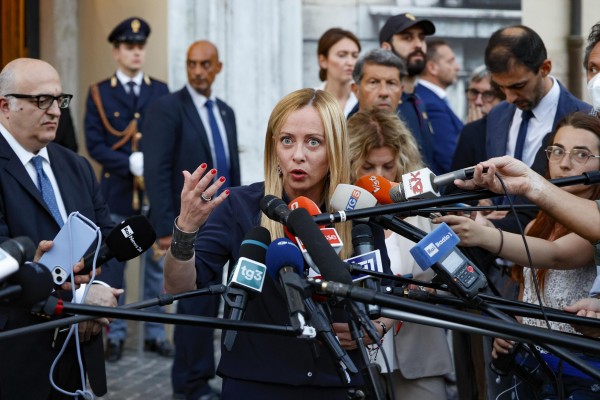The Vienna-based South East Europe Media Organisation (SEEMO) said today that it was deeply concerned over recent attacks and threats against journalists in Croatia and the Republic of Macedonia / Former Yugoslav Republic of Macedonia, as well as the case of a Serbian journalist denied entry to Russia.
In Croatia, three unknown assailants beat freelance journalist and blogger Zeljko Peratovic yesterday at approximately 7 p.m. in front of his home in Luka Pokupska, near the town Karlovac. The attackers came by car and Peratovic received several blows to the head during the attack, leaving him in need of medical attention.
Peratovic, who received the Croatian Journalists Association (Hrvatsko novinarsko društvo, or HND)’s Investigative Journalism Award in 2014, is well known for different investigative stories he published in past years. He also has received several serious threats in the past.
On Tuesday, Nova TV journalist Domagoj Mikic was attacked by a person he wanted to interview in Pula, Croatia. The attack happened in public and was captured on video. One day earlier, freelancer Domagoj Margetic found a hangman’s knot – made of twine and one page of a document from a bank scandal stolen from his apartment last year during a burglary – in his home mailbox in Zagreb.
Meanwhile, in Macedonia, two unidentified attackers beat Sase Ivanovski, owner of the online news portal Maktel, in Skopje on May 22. Ivanovski suffered injuries to his head and back that required medical treatment. Several days earlier, Ivanovski complained that he had been banned from entering the club for members of Parliament after he quizzed Prime Minister Nikola Gruevski on his purchase of a luxury vehicle.
Just weeks earlier, someone set the car of leading Macedonian journalist and media Expert Saso Ordanoski on fire. Ordanoski is known for his high-profile reports about the media and the political situation in his country.
In Russia, Stevan Dojčinović, a Serbian journalist working for the Organized Crime and Corruption Reporting Project (OCCRP), was detained on May 13 for 20 hours at Moscow’s Sheremetyevo International Airport without explanation. He was later deported.
The journalist told SEEMO that officials required him to sign a document stating: “I, Stevan Dojčinović, am aware that according to Russian Federal law №114 issued on 15 August 1996 I am not allowed to come to Russia until 13 May 2020.” Seeking to avoid harassment, Dojčinović said he signed the document, but there is no official ban in his passport.
Dojčinović is an investigative journalist who specialises in revealing links between organised crime and businessmen, as well as money laundering and the gambling industry. He went to Russia to give a lecture at the Faculty of Journalism in the Russian city of Voronezh, but he said no one at the border asked him why he was entering the country.
SEEMO Secretary General Oliver Vujovic said the cases showed “that journalists have a very hard and dangerous job in South East Europe”.
He added: “I hope that in the cases of the attacks in Croatia and Macedonia the police will arrest and the courts punish the attackers. In the case of Dojčinović, I ask the Russian officials to give an explanation for the decision and also urgently to annul this decision. There cannot be any reason to forbid a journalist to enter Russia.”
SEEMO is a network of editors, media executives and leading journalists in South East Europe and an affiliate of the International Press Institute (IPI).



